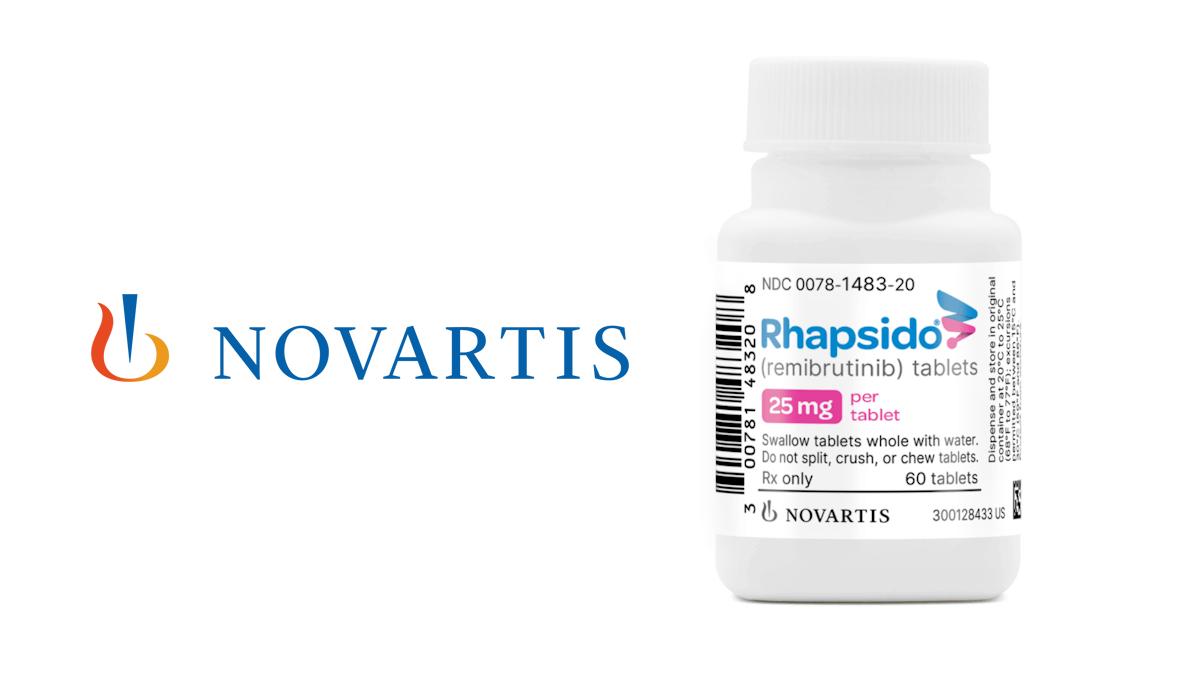Novartis gets a win in chronic hives, setting up filings

Novartis' big-selling IgE inhibitor Xolair has been a mainstay of treatment for refractory chronic spontaneous urticaria (CSU) for many years, but its efforts to find a successor have seen some setbacks.
Now, with a pair of phase 3 trials for oral BTK inhibitor remibrutinib meeting their objectives, the Swiss pharma group is on course to file for approval of the drug, potentially ending a decade-long drought in new therapies for the debilitating skin condition also known as chronic hives.
Xolair (omalizumab) has been around since the early 2000s as a treatment for severe allergic asthma, but found a new lease of life in 2014 when it was approved for CSU, with sales reaching $1.4 billion last year.
Remibrutinib's success follows disappointing results with follow-up IgE inhibitor ligelizumab in CSU, which was intended as a way to defend the Xolair franchise from emerging biosimilar competition, but has been dropped for this indication.
Ligelizumab remains in phase 3 testing for food allergies, but remibrutinib looks set to inherit the CSU mantle at Novartis now.
The REMIX-1 and REMIX-2 studies showed that a 25 mg twice-daily dose of the BTK inhibitor was able to reduce the eruption of painful and itchy skin lesions in patients whose symptoms could not be adequately controlled with antihistamine drugs, according to Novartis.
There were "clinically meaningful and statistically significant improvements in disease activity" at 12 weeks, with remibrutinib compared to placebo, with the effects starting to be seen as little as two weeks after the start of dosing, it said.
CSU affects around 1% of the global population and in severe cases causes itching and swelling that can last for weeks at a time and resist even very high doses of antihistamines, which are the first-line therapy of choice, but don't work around 60% of the time.
"CSU is a distressing and unpredictable disease, and patients urgently need effective, convenient, and well-tolerated treatments that can provide rapid and sustained relief from the relentless itching and deep tissue swelling that greatly impact their daily lives," said Shreeram Aradhye, Novartis' chief medical officer.
"These positive top-line results […] confirm that remibrutinib, a highly selective BTK inhibitor, has the potential to be a first-in-class, oral treatment for people living with CSU whose symptoms are refractory, despite use of antihistamines," he added.
Remibrutinib is also being developed for multiple sclerosis and Sjogren's syndrome, in phase 3 and phase 2 testing, respectively, with filings in these indications expected from 2026 onwards.
Other companies have oral BTK inhibitors in clinical development for MS, notably Roche, Merck, and Sanofi, but are either not looking at CSU or have programmes further back in development.
At the moment, Novartis' nearest rival seems to be Sanofi, which has a BTK drug called rilzabrutinib in phase 2 testing for the skin disorder.













